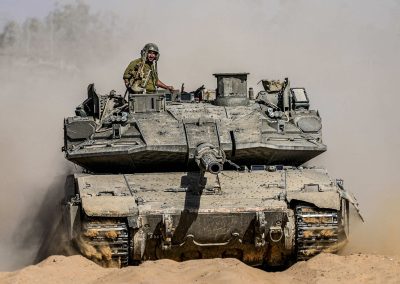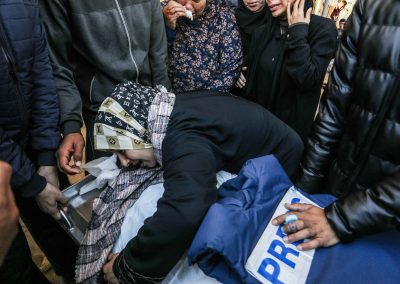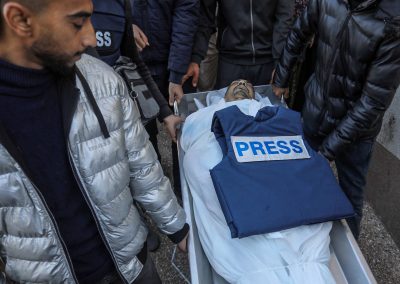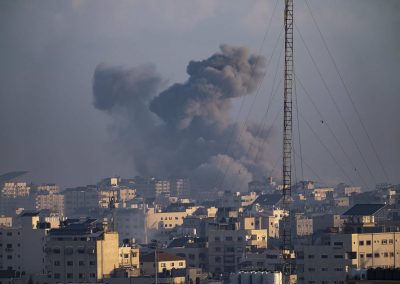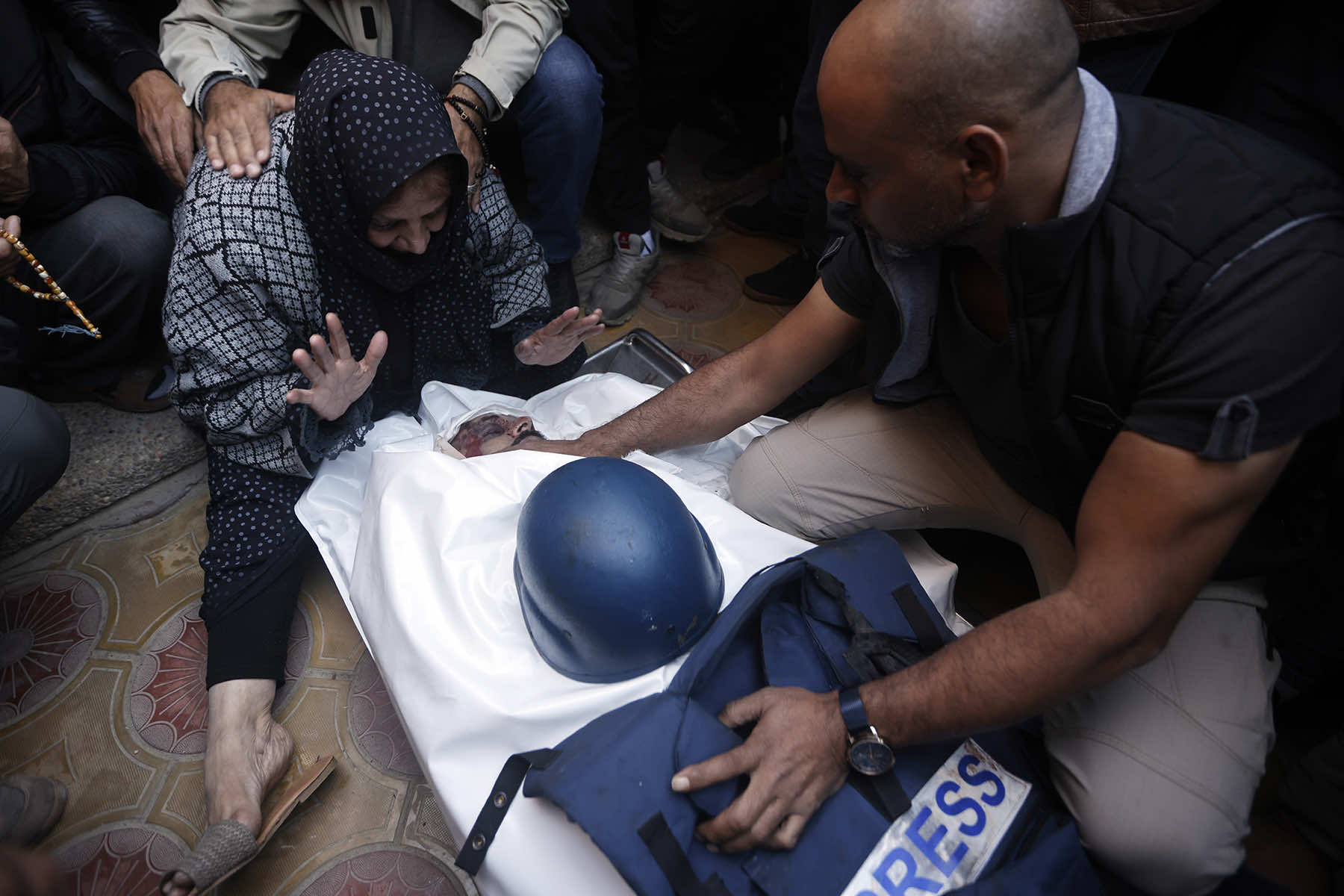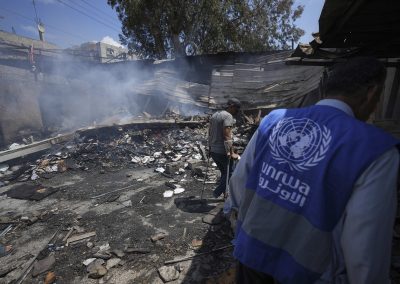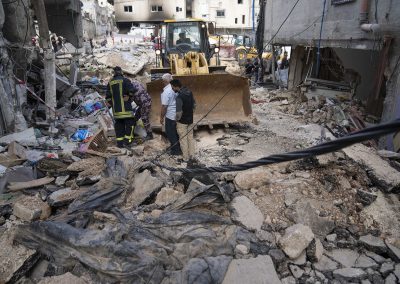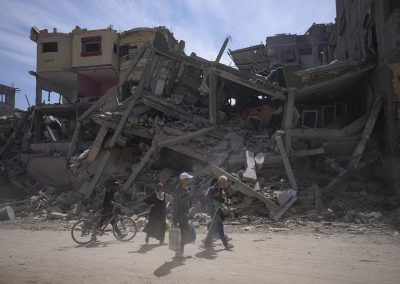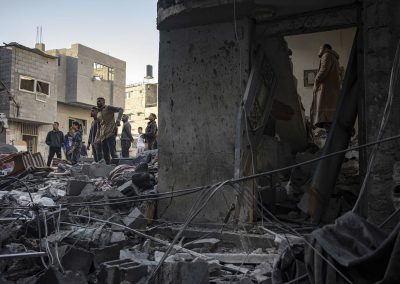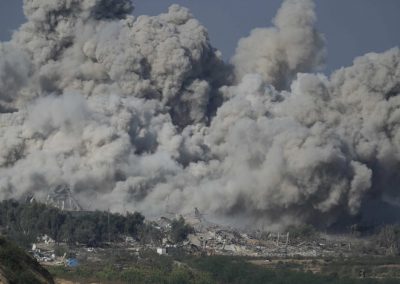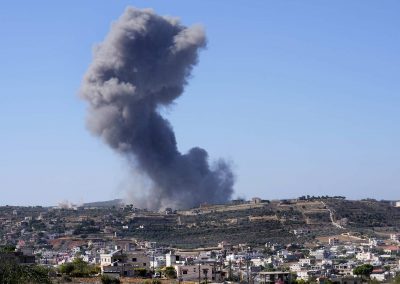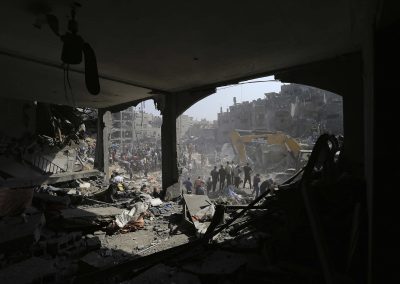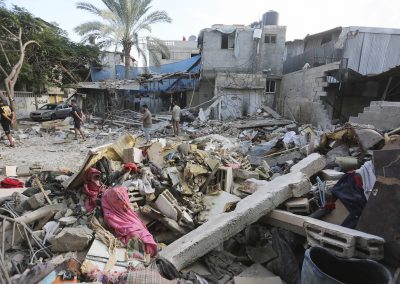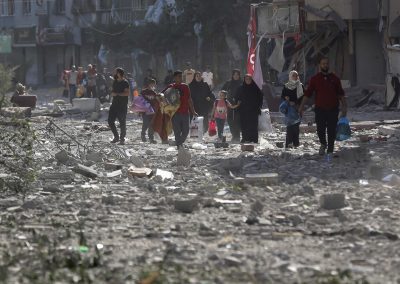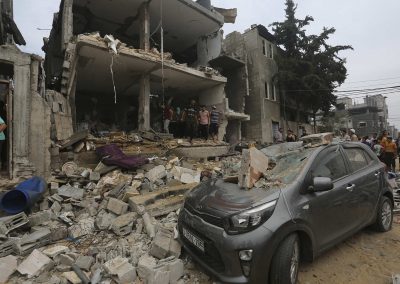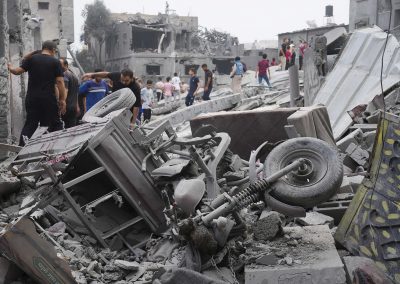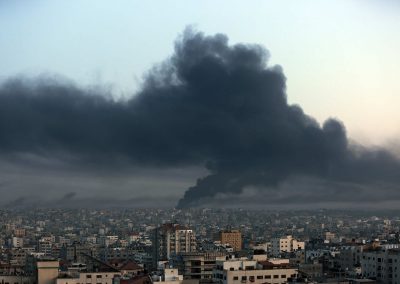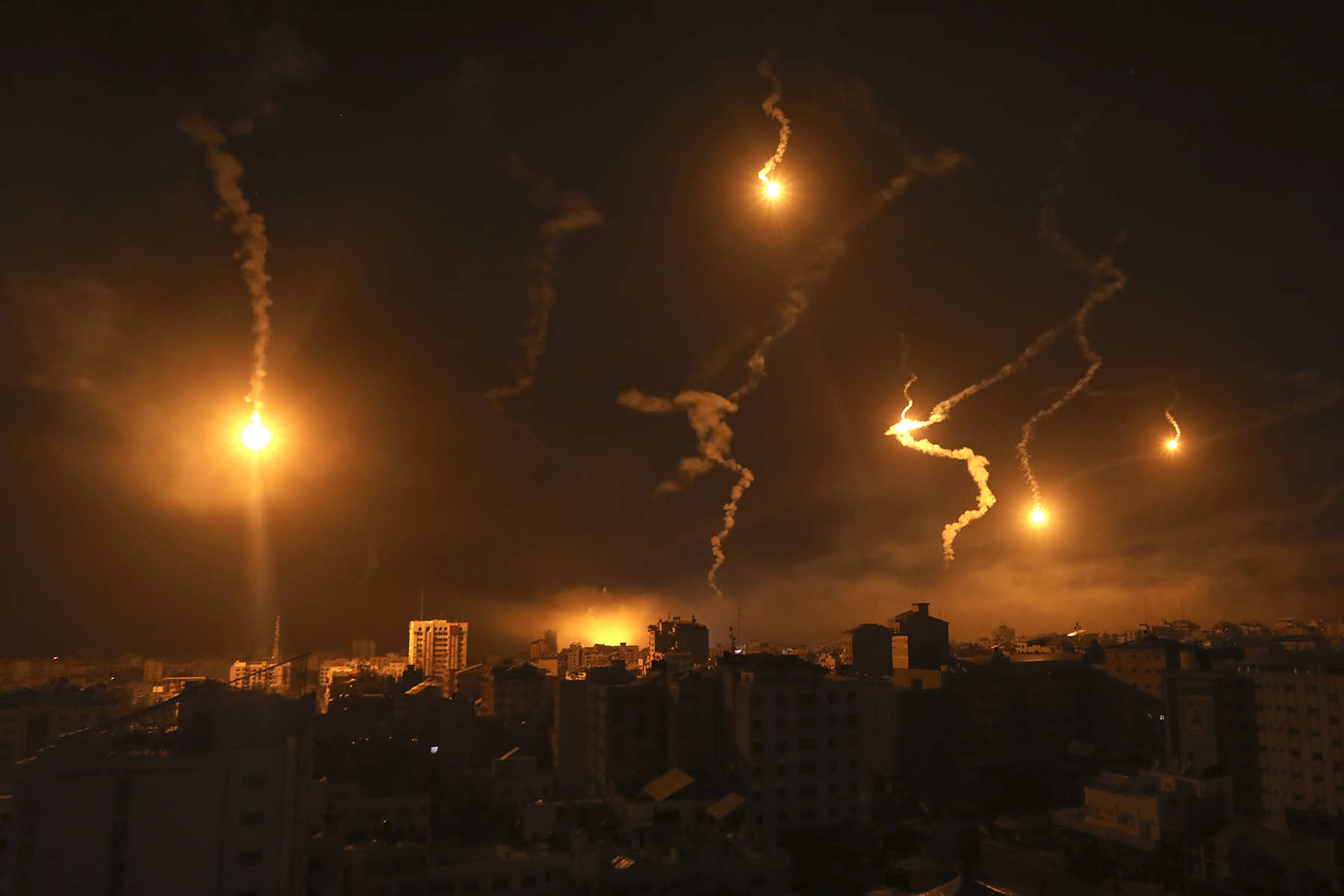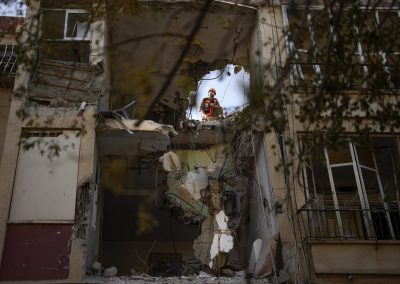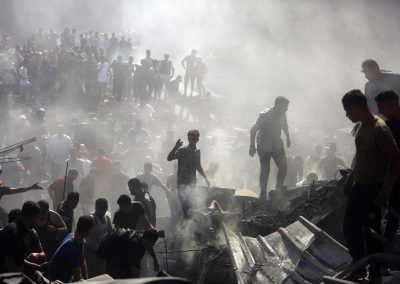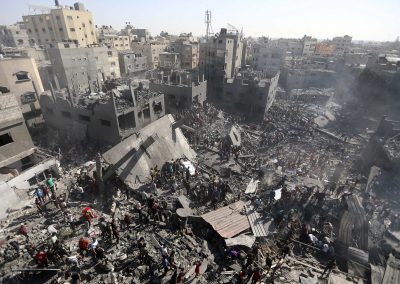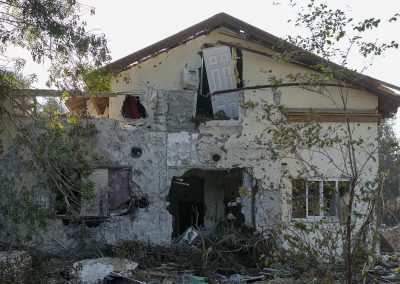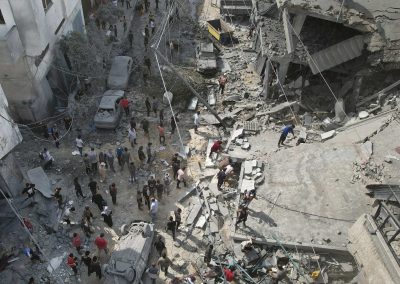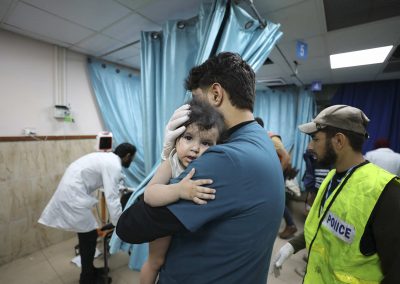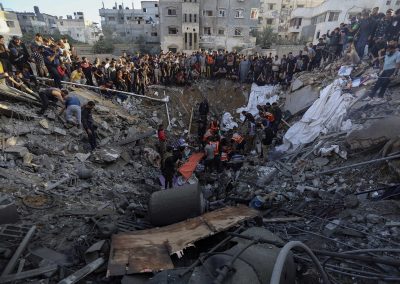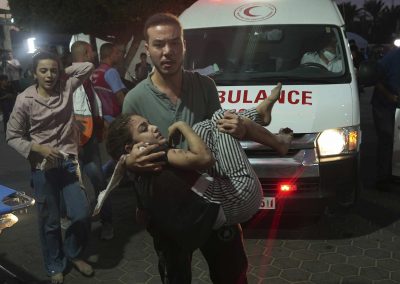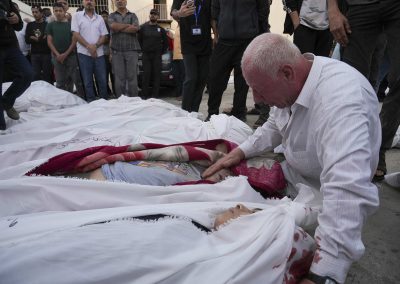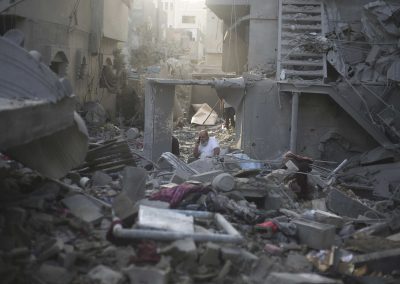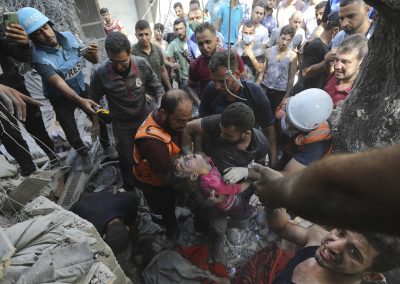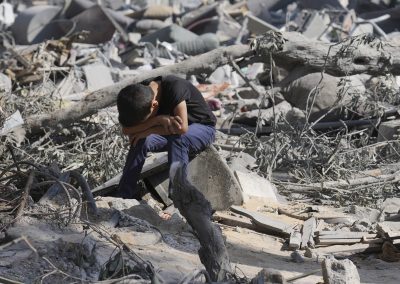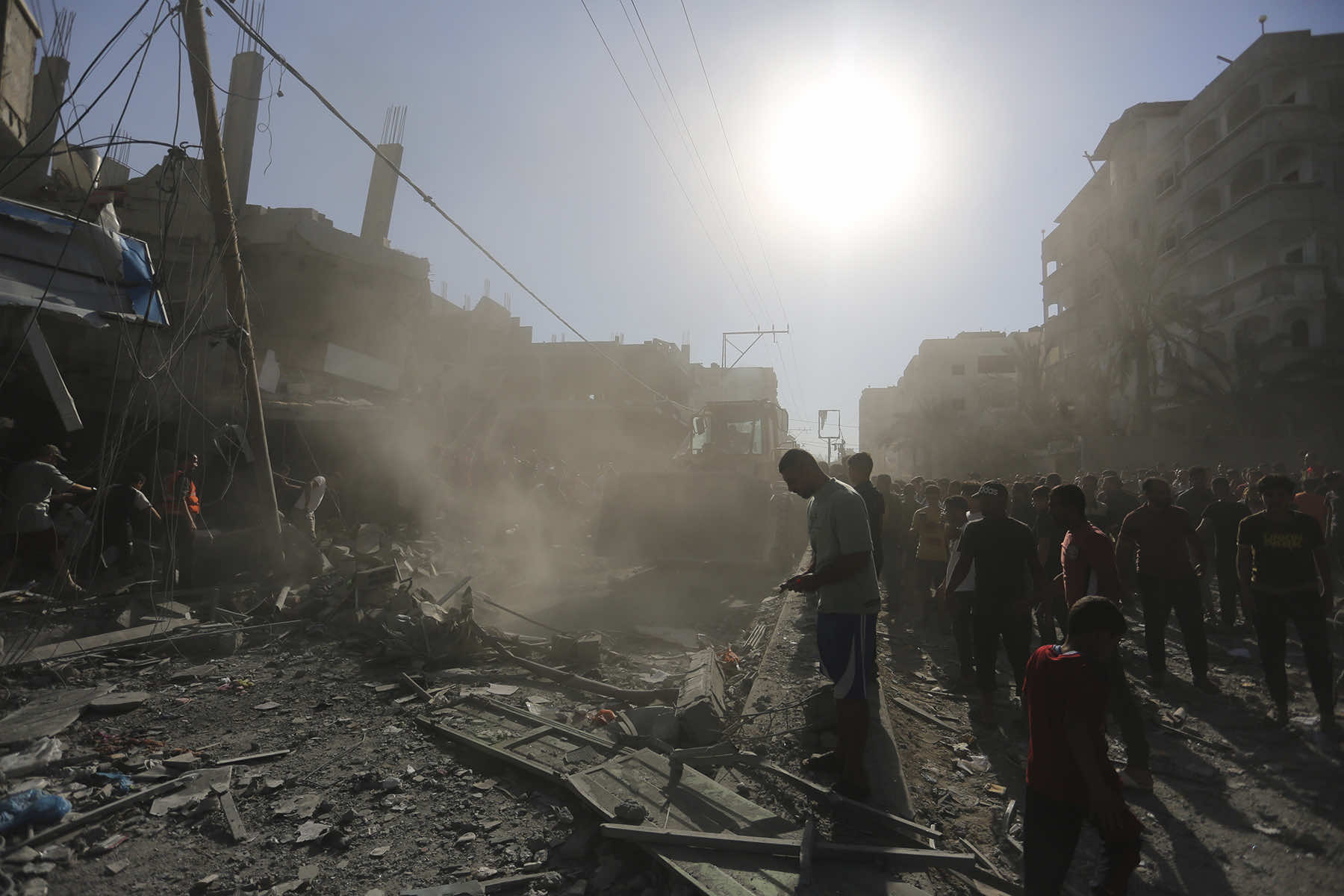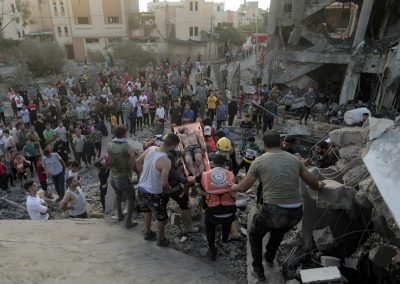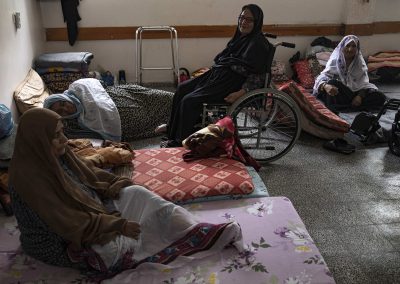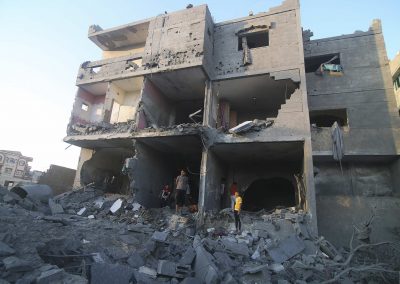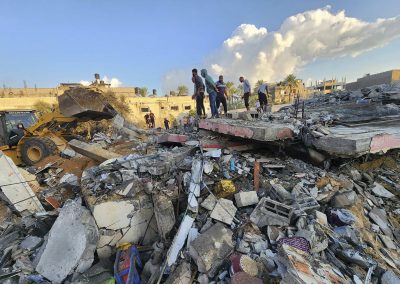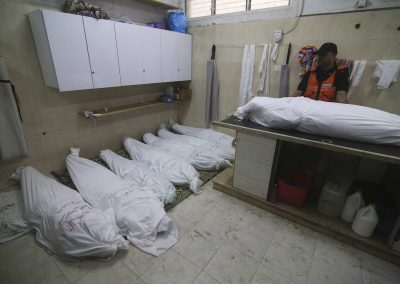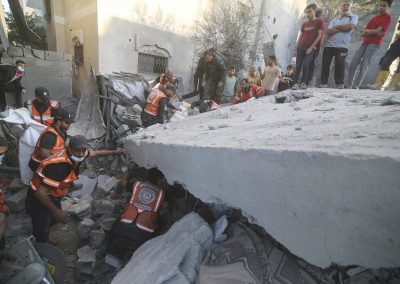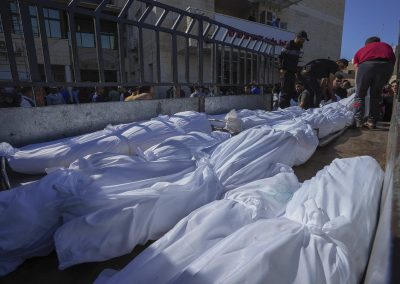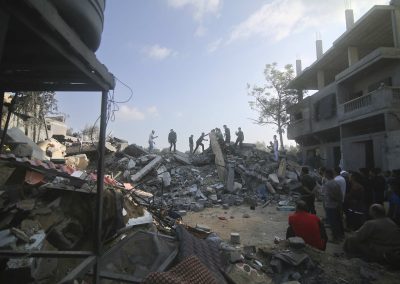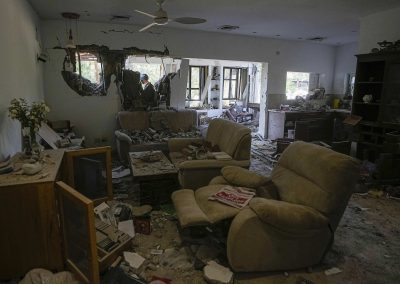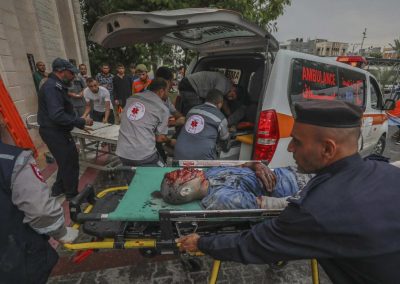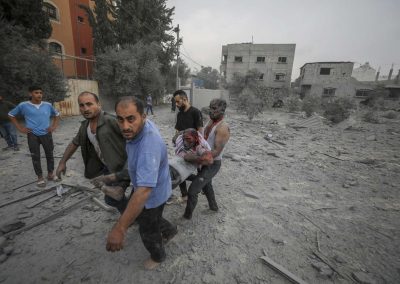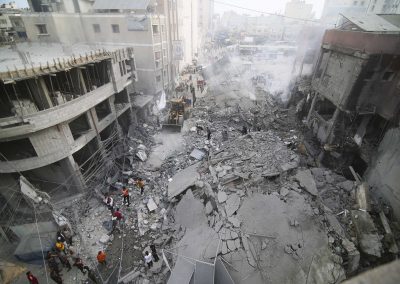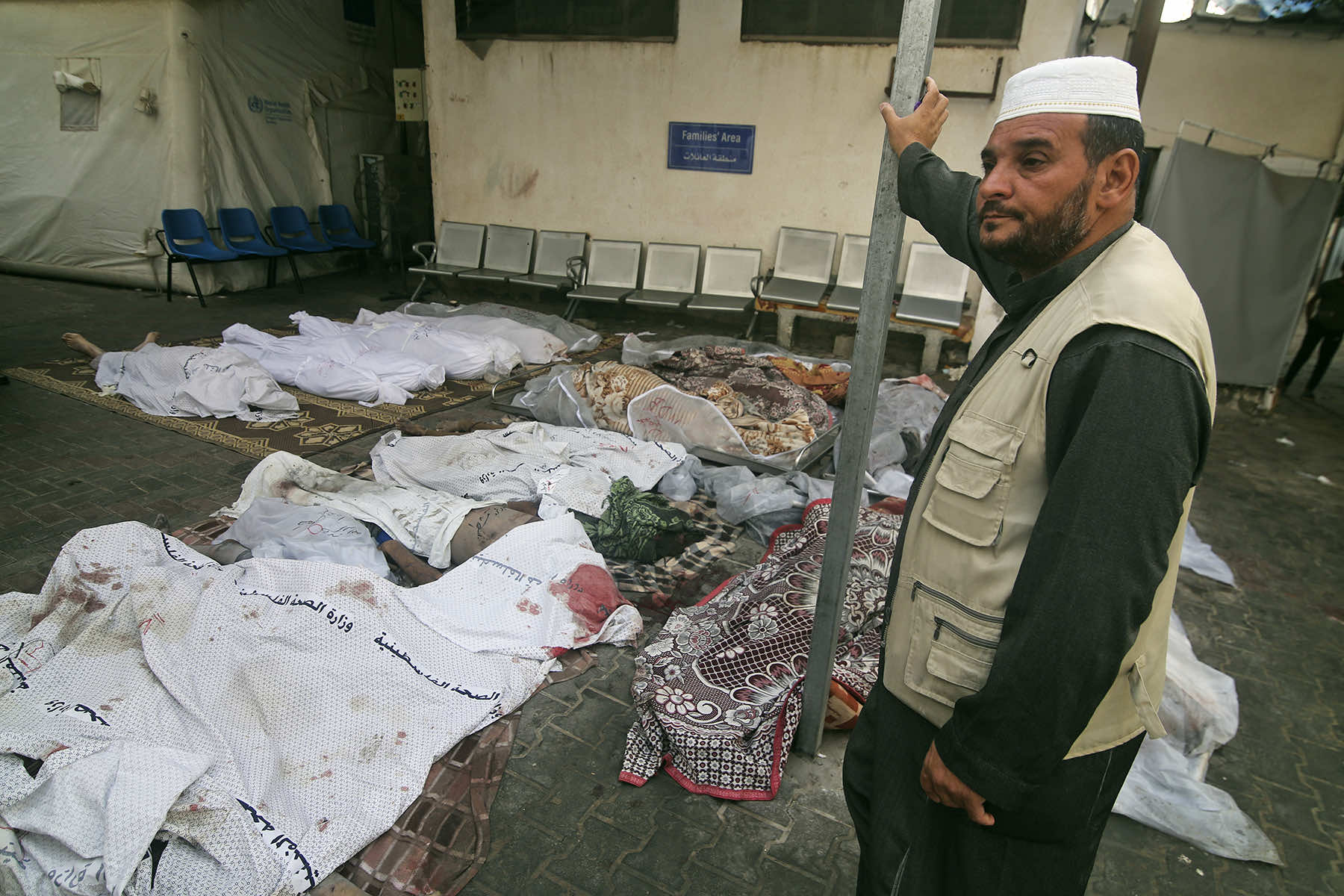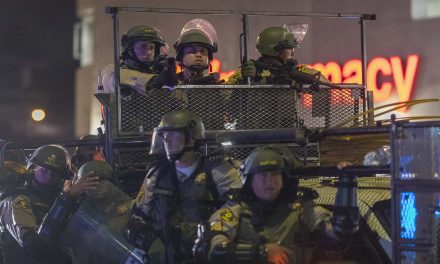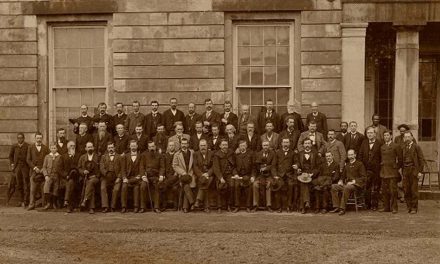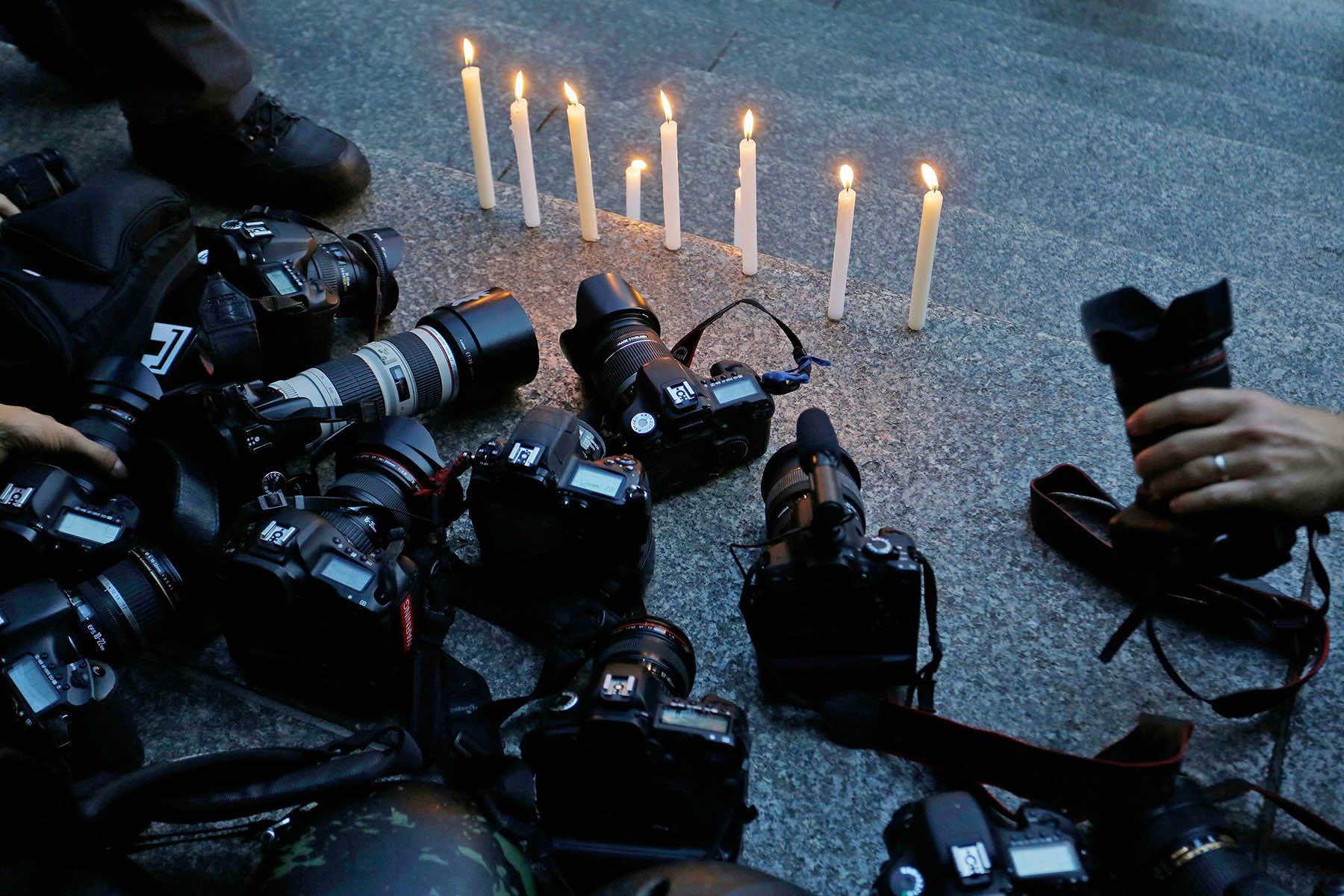
The Israel-Gaza war has taken an unprecedented toll on Gazan journalists since Israel declared war on Hamas following its attack against Israel on October 7, 2023.
The press freedom group Reporters Without Borders announced on May 27 that it had filed a third complaint at the International Criminal Court (ICC) alleging “war crimes against journalists in Gaza,” where over 100 media professionals have been killed by Israeli forces since October 7.
Paris-based Reporters Without Borders (RSF) is asking the ICC to investigate the Israel Defense Forces (IDF) for the killing of eight Palestinian journalists and wounding of another between December 15 and May 20 and, more broadly, the over 100 media workers slain during the course of Israel’s 234-day assault on Gaza.
RSF said it “has reasonable grounds for thinking that some of these journalists were deliberately killed and that the others were the victims of deliberate IDF attacks against civilians” and accused Israel of “an eradication of the Palestinian media.”
“Impunity endangers journalists not only in Palestine but also throughout the world,” RSF advocacy and assistance director Antoine Bernard said in a statement. “Those who kill journalists are attacking the public’s right to information, which is even more essential in times of conflict. They must be held accountable, and RSF will continue to work to this end, in solidarity with Gaza’s reporters.”
As of May 27, 2024, preliminary investigations by the Committee to Protect Journalists (CPJ) showed at least 107 journalists and media workers were among the more than 36,000 killed since the war began, making it the deadliest period for journalists since CPJ began gathering data in 1992.
Journalists in Gaza face particularly high risks as they try to cover the conflict during the Israeli ground assault, including devastating Israeli airstrikes, disrupted communications, supply shortages, and extensive power outages. This has meant that it is becoming increasingly hard to document the situation, and CPJ is investigating almost 350 additional cases of potential killings, arrests and injuries.
“Since the war in Gaza started, journalists have been paying the highest price–their lives–for their reporting. Without protection, equipment, international presence, communications, or food and water, they are still doing their crucial jobs to tell the world the truth,” said Carlos Martinez de la Serna, CPJ Program Director. “Every time a journalist is killed, injured, arrested, or forced to go to exile, we lose fragments of the truth. Those responsible for these casualties face dual trials: one under international law and another before history’s unforgiving gaze.”
Journalists are civilians and are protected by International Law. Deliberately targeting civilians constitutes a war crime. In May, the International Criminal Court announced it was seeking arrest warrant applications for Hamas and Israeli leaders for war crimes and crimes against humanity.
To date, CPJ has determined that at least three journalists were directly targeted by Israeli forces in killings which CPJ classifies as murders, but is still researching the details for confirmation in at least 10 other cases that indicate possible targeting.
As of May 27, 2024:
- 107 journalists and media workers were confirmed killed: 102 Palestinian, two Israeli, and three Lebanese.
- 32 journalists were reported injured.
- 2 journalists were reported missing.
- 38 journalists were reported arrested.
- Multiple assaults, threats, cyberattacks, censorship, and killings of family members.
CPJ is also investigating numerous unconfirmed reports of other journalists being killed, missing, detained, hurt, or threatened, and of damage to media offices and journalists’ homes.
In January, the International Court of Justice (ICJ) ordered Israel to “take effective measures to prevent the destruction and ensure the preservation of evidence” of activities against Palestinians in Gaza that could be subject to prosecutions under the Convention on the Prevention and Punishment of the Crime of Genocide. According to human rights organizations, Israel has not complied with the order.
Israel Defense Forces (IDF) have repeatedly told media outlets that the army does not deliberately target journalists. It also told agencies in October that it cannot guarantee the safety of the journalists. CPJ has called for an end to the longstanding pattern of impunity in cases of journalists killed by the IDF.
UN experts have raised concerns over the killings of journalists, saying in a February statement that they were “alarmed at the extraordinarily high numbers of journalists and media workers who have been killed, attacked, injured and detained in the Occupied Palestinian Territory, particularly in Gaza, in recent months blatantly disregarding international law.”
Committee to Protect Journalists (CPJ) and Brett Wilkins
Abed Khaled (AP), Adel Hana (AP), Ali Mahmoud (AP), Ariel Schalit (AP), Fatima Shbair (AP), Francisco Seco (AP), Hasan Islayeh (AP), Hatem Ali (AP), Hatem Moussa (AP), Hussein Malla (AP), Kareem Hana (AP), Leo Correa (AP), Mohammad Al Masri (AP), Mohammed Dahman (AP), Nasser Nasser (AP), Tsafrir Abayov (AP), and Anas-Mohammed, Nelson Antoine, PressLab (via Shutterstock)
The original and unedited version of this article was published as Journalist casualties in the Israel-Gaza War and is reprinted here under a Creative Commons license CC BY-NC-ND 4.0 DEED, with excerpts from Group Files New ICC Complaint Over Journalists Killed by Israel in Gaza

